"Arbitrate and Innovate" Hackathon for Lawyers – Blending AI with Legal Strategy
On October 24, 2024, Simmons & Simmons’ London office became a hub for legal innovation as Jus Mundi, ArbTech, and ICC United Kingdom co-hosted the “Arbitrate and Innovate” AI hackathon for lawyers. This event, which took place alongside the ICC UK’s Annual Arbitration & ADR Conference, brought together legal professionals, tech experts, and arbitration enthusiasts eager to explore the intersection of technology and law.
Watch what happened at the event!
Event Purpose: Blending Legal Expertise with AI
As technology continues to shape every industry, the legal profession is no exception. The "Arbitrate and Innovate" hackathon aimed to foster innovation among lawyers by encouraging the integration of artificial intelligence into traditional legal processes. The event’s main goal was to empower lawyers with hands-on experience using AI-driven tools for arbitration, addressing how these technologies can streamline tasks, enhance strategic thinking, and ultimately strengthen advocacy skills.
How the Hackathon Worked: AI-Powered Legal Strategy Development
The hackathon provided participants with access to Jus AI, Jus Mundi’s cutting-edge AI-powered legal research tool. To kickstart the competition, the organizers released a detailed case problem in advance, giving participants time to think through the challenges they would face on the day of the event. On the day itself, participants had two hours to collaboratively develop strategic responses, focusing specifically on the art of cross-examination.
The case problem was provided with kind permission of the Cross Examination Moot.
A Competitive Showcase of Legal Skill and Tech Savvy
Under the watchful eyes of a panel of expert judges, participants worked quickly to build comprehensive strategies for handling the hypothetical case, putting their combined legal skills and tech-savvy knowledge to the test. This event was a true test of adaptability, as participants leveraged Jus AI’s capabilities in legal analysis and strategy formulation within the short timeframe. After the intense two-hour session, teams presented their strategies, with the winners later celebrated on the conference stage, where they received a special award and well-deserved recognition.
ArbTech co-founder Sophie Nappert announces the winners.
Key Takeaways and Future Implications for AI in Law
One of the event's most notable outcomes was the focus on practical applications of AI in legal settings. Participants gained hands-on experience with tools that could potentially become standard in legal practice in the near future. By experimenting with AI in cross-examination scenarios, participants demonstrated how these technologies can enhance a lawyer’s strategic depth, especially in fast-paced settings like arbitration and litigation.
The hackathon emphasized the real-world impact AI can have, not only in automating repetitive tasks but also in empowering lawyers to make data-driven decisions and develop sophisticated, efficient strategies. For firms focused on arbitration, such tools hold promise for boosting efficiency and accuracy, allowing lawyers to allocate more time to complex, creative aspects of their cases.
The Growing Need for AI Knowledge in the Legal Field
As the legal industry increasingly embraces technology, events like "Arbitrate and Innovate" underscore the need for digital literacy and tech skills among legal professionals. The hackathon served as a valuable opportunity for lawyers to explore the potential of AI and gain a competitive edge in a rapidly evolving field.
Through interactive learning, practical application, and healthy competition, participants left the event not only with a sense of accomplishment but also with fresh perspectives on how technology can complement their legal expertise. As AI continues to reshape the landscape of law, Jus Mundi and ICC United Kingdom’s "Arbitrate and Innovate" hackathon marked an essential step toward a future where technology and law work hand-in-hand.
